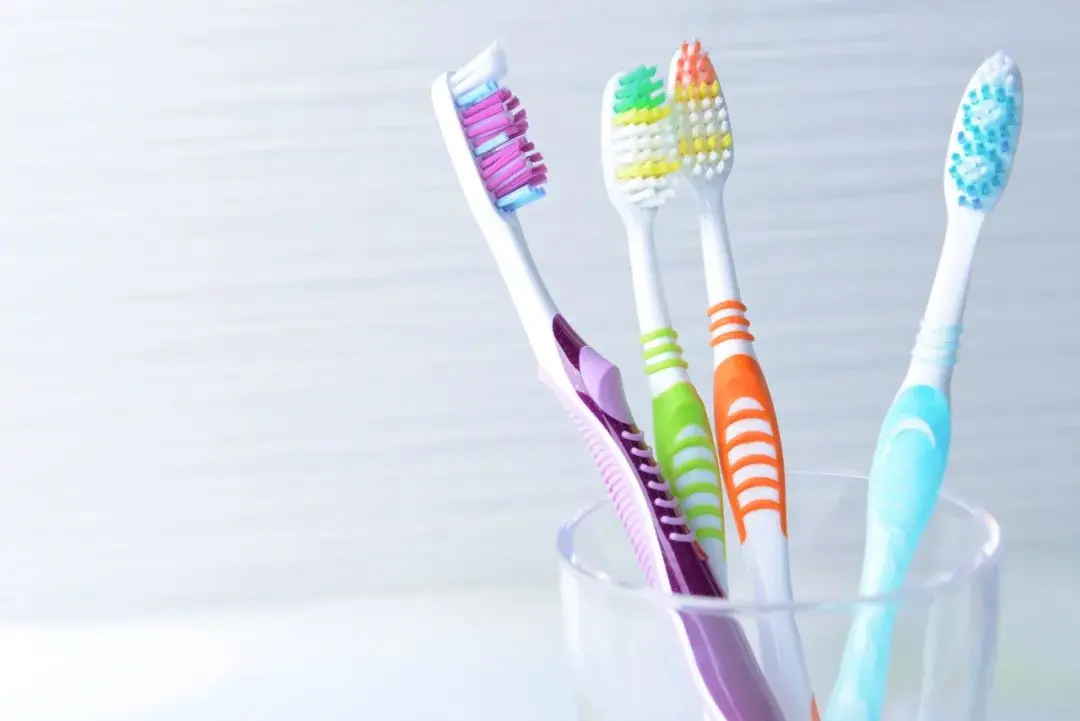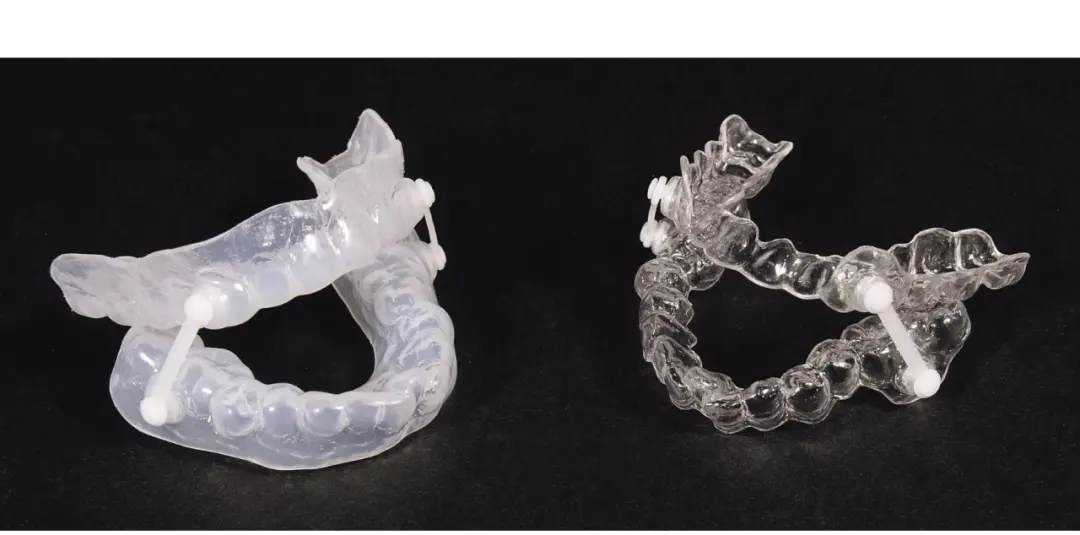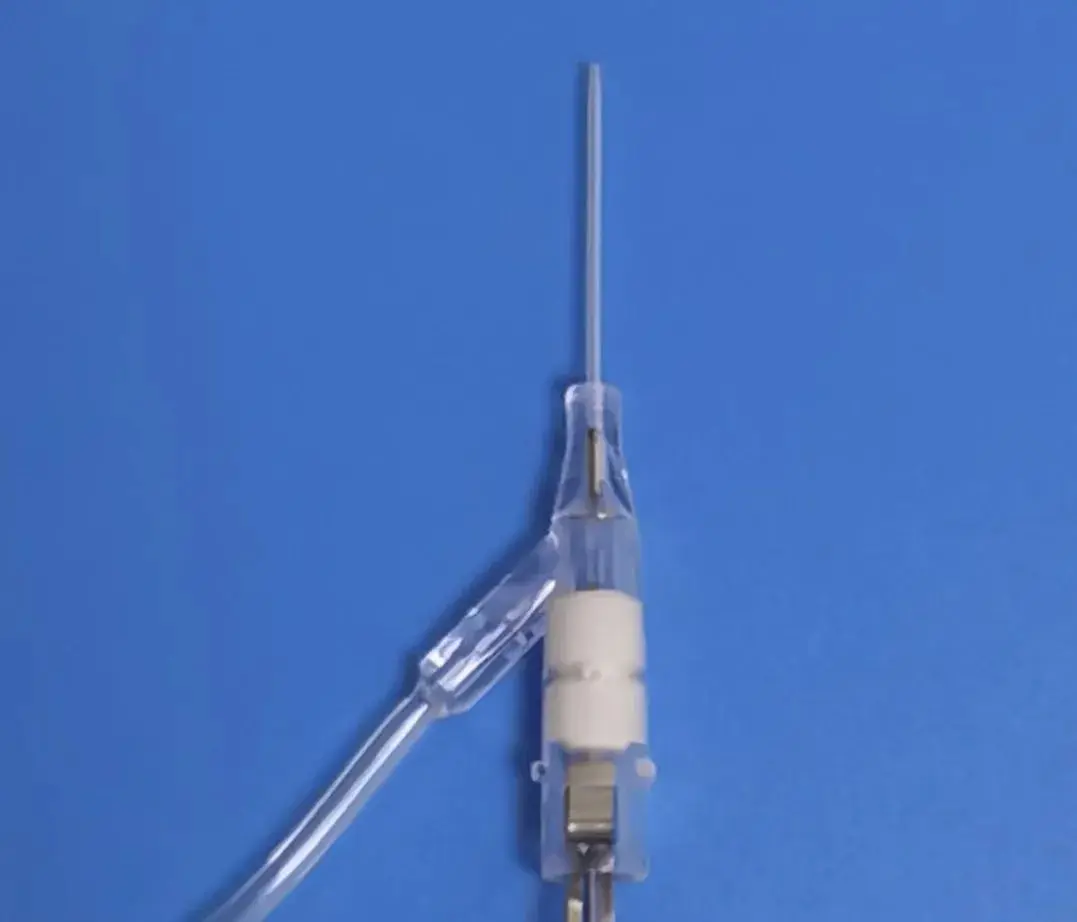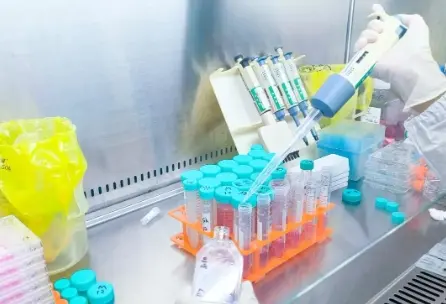
Fan Certifications: USA FCC+UL, EU CE+ROHS, Japan PSE+METI
United States:
FCC Certification: The key to entering the American market, requiring FCC SDOC certification.
- fcc part 15B: This standard applies to unintentional radiators such as household appliances and computer equipment. It ensures these devices do not emit excessive radiation in the electromagnetic environment.
- RF Standards - FCC Part 15C: This standard applies to devices that intentionally generate and radiate RF energy, such as Wi-Fi and Bluetooth devices.
Fans must be designed according to U.S. voltage standards: 110-120V, 60Hz for household use and 208-240V for industrial use. The standard U.S. plug must be used.
For products with wireless Wi-Fi or Bluetooth, an fcc id is required. Registering an FCC ID requires a GC number for the company, along with a U.S. agent, and the cost is 1-2 times higher than regular FCC certification. FCC ID is issued by U.S. TCB institutions, while standard FCC certification can be issued by domestic third-party testing agencies at a lower cost.
ul testing: Products must comply with UL507 testing standards to ensure safety.
The UL507 standard, developed by Underwriters Laboratories (UL), is a safety standard for various types of electric fans, including but not limited to:
- Floor fans
- Table fans
- Ceiling fans
- Attic fans
- Exhaust fans
- Duct fans
- Low-voltage fans
- Range hoods
UL507 ensures that fans meet safety, reliability, and performance requirements, covering aspects such as materials, manufacturing, design, and safety testing methods.
European Union:
CE Certification: Products must comply with EU directives and bear the "CE" marking. Key standards include:
- EN 60335-1 (Safety of household and similar electrical appliances)
- EN 55014-1 (Electromagnetic compatibility)
- EN 55014-2 (Electromagnetic immunity)
ROHS Testing: Ensures electrical and electronic products comply with hazardous substance regulations.
RoHS 2.0 Certification expands on the original RoHS by adding six additional substances for testing, making it more comprehensive. ROHS certification costs are based on materials, requiring sample disassembly for individual part testing.
- Small components: $100–$1,000
- Larger products: Higher costs due to more test points
Most RoHS certificates are issued by domestic testing agencies, and an EU-issued RoHS certificate is not necessary.
Japan:
pse certification: Required for product entry into Japan, with meti registration.
PSE is a mandatory safety certification proving compliance with Japan’s Electrical Appliance and Material Safety Law (DENAN) or IEC standards.
Japan categorizes 498 products under PSE:
- Category A (165 items): Requires a diamond-shaped PSE mark (strict certification).
- Category B (333 items): Requires a round PSE mark (simpler certification).
- Category A: Special electrical equipment and materials (strict certification).
- Category B: Other electrical equipment and materials (general certification).
United Kingdom:
ukca certification: Indicates compliance with UK safety directives.
The UKCA mark reassures consumers that a product meets UK safety requirements, boosting consumer confidence.
Other International Certifications:
cb certification: Allows products to obtain mutual recognition of test results among member countries. Relevant standards include:
- IEC 60335-1
- IEC 60335-2-80
It is advisable to consult a professional certification body for accurate and reliable testing and certification.
Key Testing Items:
Certifications cover various safety and performance aspects, including:
1. Insulation resistance test
2. Dielectric withstand (hipot) test
3. Leakage current test
4. Ground resistance test
5. Fan speed levels and adjustment methods
6. Electrical insulation requirements
7. Fan speed control requirements
Note: Testing requirements vary depending on the certification standard.
Before exporting fans, it is highly recommended to thoroughly understand and comply with the regulations of the target market. This ensures smooth market entry and compliance with local safety standards.
Email:hello@jjrlab.com
Write your message here and send it to us
 Toothbrush FDA Certification Testing
Toothbrush FDA Certification Testing
 Snoring Device FDA 510k Standard Testing
Snoring Device FDA 510k Standard Testing
 Single Use Intravenous Catheter Certification Test
Single Use Intravenous Catheter Certification Test
 Silicone Material Product Compliance Certification
Silicone Material Product Compliance Certification
 What to Do If Cytotoxicity Test Results Are Positi
What to Do If Cytotoxicity Test Results Are Positi
 ISO 10993:5 Cytotoxicity Testing Methods
ISO 10993:5 Cytotoxicity Testing Methods
 FDA ISO 10993-1 Biocompatibility Evaluation Guidel
FDA ISO 10993-1 Biocompatibility Evaluation Guidel
 In Vitro Cytotoxicity Testing for Medical Devices
In Vitro Cytotoxicity Testing for Medical Devices
Leave us a message
24-hour online customer service at any time to respond, so that you worry!




